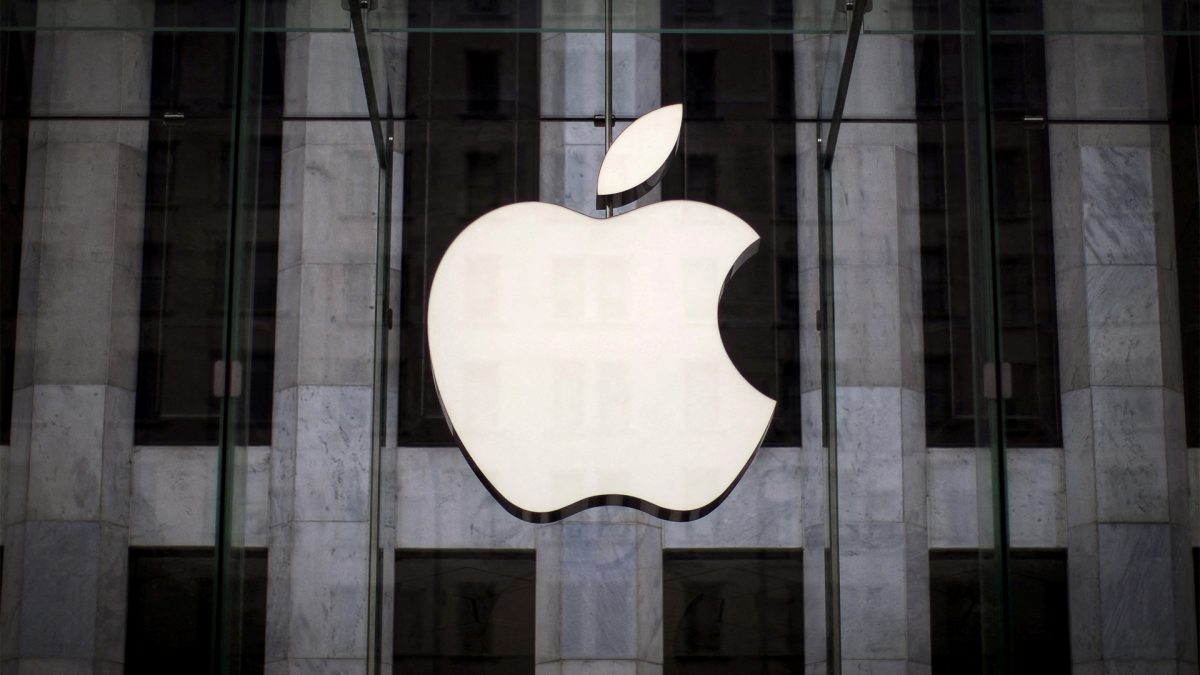Indonesia’s industry ministry said on Friday that it has approved local certificates to start selling Apple products in the country, moving one step closer to lifting a ban on iPhones.
Last month, the tech giant signed an investment deal with Indonesia, ending months of deadlock over Apple’s failure to meet regulations requiring phones to be built with at least 40 per cent of components made locally.
“We have issued local content requirement certificates for 20 Apple products,” Industry Ministry spokesperson Febri Hendri Antoni Arief said in a statement.
Although the ministry did not specify which Apple products will be covered under the certificates, local media says they include the latest iPhone 16 model.
Apple now needs to obtain a series of certificates and approvals from various ministries, the statement said.
Why is Apple banned?
Indonesia banned the sale of Apple’s iPhone 16 due to the company’s failure to comply with the country’s local content requirement (LCR), which mandates that 40 per cent of smartphone components be sourced locally. This policy aims to bolster domestic manufacturing and attract foreign investment.
Indonesia has also banned the sale of Alphabet’s Google Pixel phones over a similar lack of use of local components.
How has Apple tried to overturn the ban?
Responding to the government’s ban on the sale of iPhone 16, Apple proposed a $100 million investment to build an accessory and component plant in Indonesia.
However, that proposal was rejected by the country last year in November saying it lacked the “fairness” required by the government.
Apple later agreed to invest $150 million in building two facilities – one in Bandung in West Java province to produce accessories, and another in Batam for AirTags.
Industry Minister Agus Gumiwang Kartasasmita said last month that Apple had also committed to building a semiconductor research and development centre in Indonesia, calling it a “first of its kind in Asia”.
Impact Shorts
More ShortsWith inputs from agencies


)

)
)
)
)
)
)
)
)



